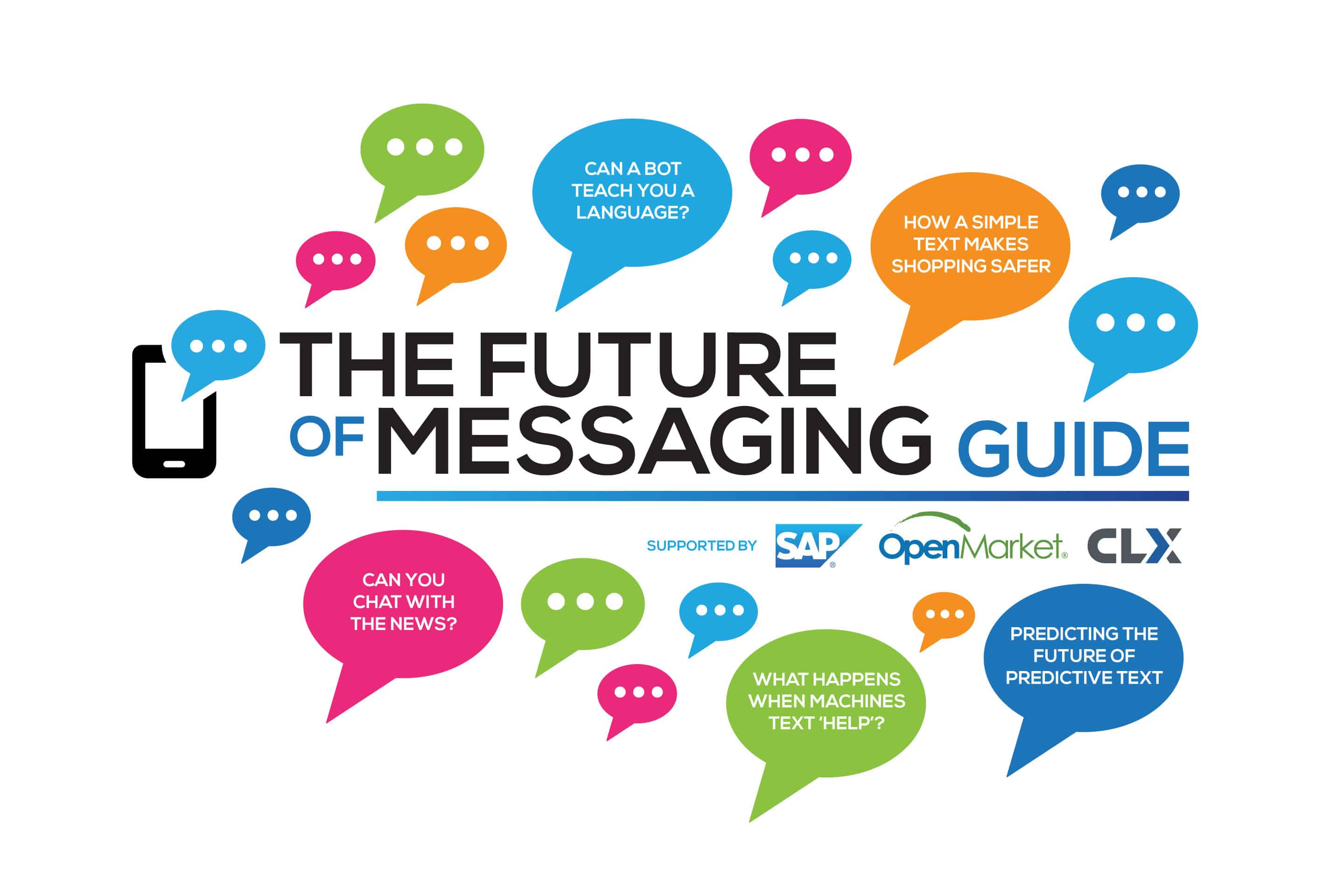Three quarters of small businesses use Excel or even paper to manage their accounts. Now, they can chat to a bot called Pegg.
Kriti Sharma, VP of bots and AI at Sage, talked to MEF Minute features editor, Tim Green, about why the accountancy software specialist created him for MEF’s free Future of Messaging Guide.
Every day, millions of small to medium sized business use specialist accounting software to manage their finances, organise payroll and log expenses. Three million of them use Sage, one of the most popular packages available.
And the rest? An excel spreadsheet. Or, failing that, a big old shoe box filled with scribbled notes and receipts.

These users could be viewed as a business opportunity for a company like Sage, which estimates 65 per cent of all businesses use these ‘analogue’ methods. But the truth is, most of the shoe box brigade are turned off by accounting software, no matter how affordable and intuitive. They would rather ignore it and do more enjoyable things – like chat on Facebook Messenger.
However, these entrepreneurs do need to manage their accounts. So what’s the answer? For Sage, it is simple: make accounts something you can do by chatting.
British accounting humour
In July 2016 Sage launched Pegg, a chat bot that lets small business owners enter and track information such as money owed, account balances, expenses and more. Customers simply add Pegg inside Slack or Facebook Messenger (or use it inside the existing Sage software) and then ask it questions in natural conversation. They could ask ‘who owes me money?’ or ‘how much did I spend on coffee in April’ or ‘what did I earn last month?’ and Pegg will deliver the answers in real time and without jargon.
Indeed, Pegg even uses what has been described as ‘British accounting humour’. Ask Pegg what it’s doing, and it will reply: “Daydreaming about purchase ledgers.”
Non-threatening
For Kriti Sharma, VP of bots and artificial intelligence at Sage, Pegg is all about giving people a non-threatening way in to personal accounting. “Let’s be honest, accounting is nobody’s favourite task,” she says. “It’s a pain point for most people. And for them the traditional interfaces are not working. We looked at the market and saw how popular messaging apps have become. People love live chat. So it became obvious that chat was the best interface to reach them.”

“No one starts a business to file expenses and do tax returns. But these things need to be done. Pegg addresses this – especially in new markets where mobile is the main channel for people.”
From the start, Sharma and her team were careful to position Pegg not as a chatbot for accounting, but more of a personal assistant. Hence the non-threatening name. And by putting Pegg inside Slack or Facebook Messenger, it removed further barriers to adoption. She says: “Pegg is free, and there’s no login or registration. You just add it to your contacts and start talking. The best feedback we’ve had has been from users who said they felt that accounting had become invisible. They were just chatting.”
Personal accountancy training
Today, Pegg has users in 85 countries (though available only in English). And it’s evolving. For example, following feedback from users, Sage added emojis shortly after launch.
Sharma says she wants to see Pegg grow from being a tool to a genuine ‘personal trainer’ that actively assists users in accounting matters. She says: “The more you use Pegg the more it can understand your behaviour, automate tasks and start to make suggestions.
It’s a bit like a fitness tracker. You might start by just looking at the data, but in time you can quantify your performance.” Sharma believes Pegg represents more than just an alternative to more formal ways to manage accounts. She insists it can actually help new businesses survive. According to Sage data, around 400,000 businesses launch in the UK alone every year, but half close within the first few years.
The basics
Sharma believes the administrative burden is a key factor in why they fail. Meanwhile, in developing markets, there’s an even more basic need for some kind of digital accounts management. She says: “No one starts a business to file expenses and do tax returns. But these things need to be done. Pegg addresses this – especially in new markets where mobile is the main channel for people.”
Download the Future of Messaging Guide
The Future of Messaging Guide explores the uses cases, platforms & technologies that are changing the landscape of messaging globally. From A2P to OTT, chat bots to smart machines, we explore how the world’s most powerful medium is shaping up for tomorrow.
The guide features over 25 cross-sector case studies and exclusive interviews that examine the power of messaging in all its forms from the humble SMS and chat apps to emerging platforms and explores what’s next for messaging.






One Comment